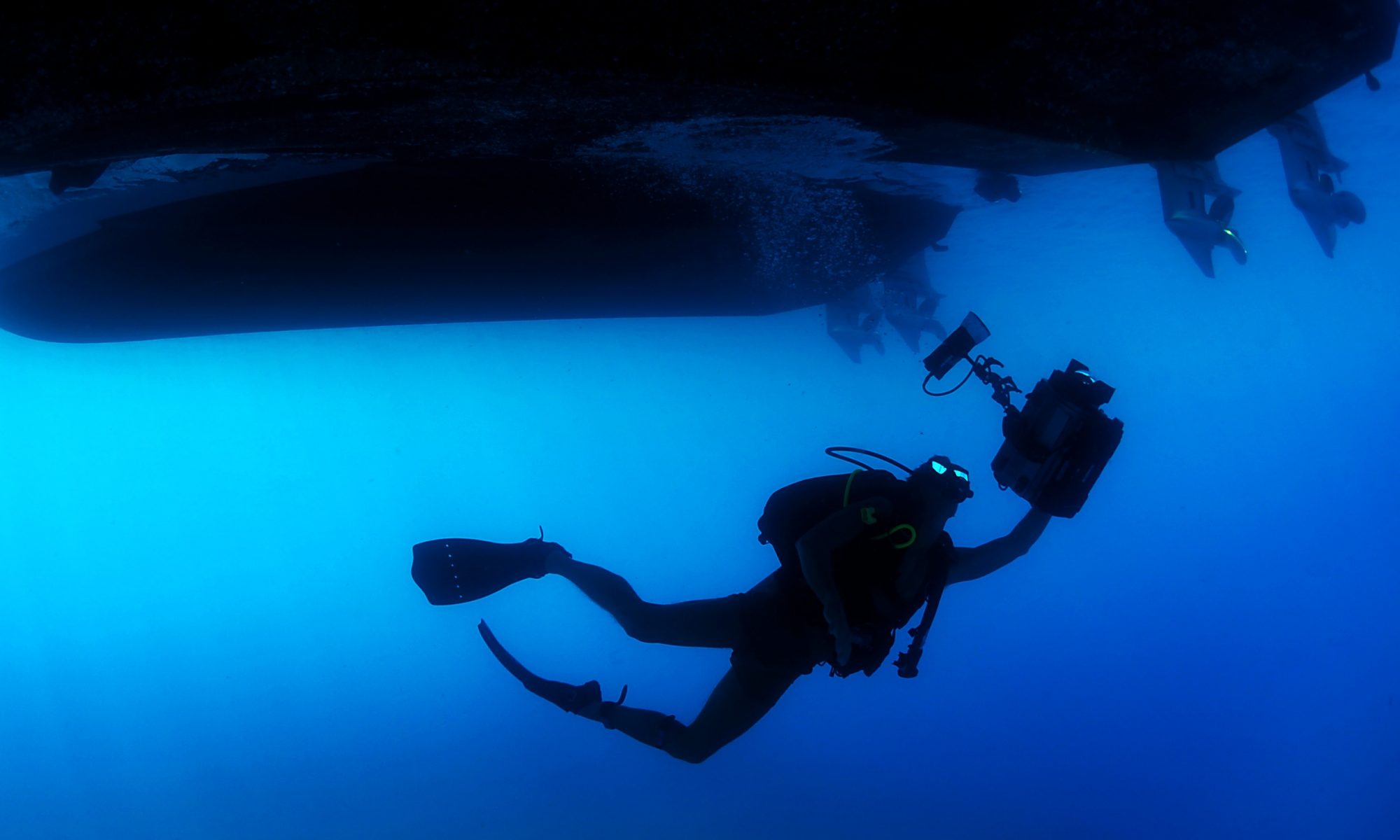Martyn is a post-doctoral researcher on the EU-funded SponGES project.
Why did you choose to study / research marine science?
I was always fascinated by the sea as a child. When I wasn’t staring into a rock pool in my native North Wales, I was sketching sea creatures, or trying to understand (and alter) the flows of water in my rainy back garden. I’m rather physical and mathematical by nature, but what really interests me is understanding why an organism might ‘choose’ to live somewhere and why it may (or may not) flourish there. This is rarely down to chance. Quite often, exciting physics and/or cutthroat biology offers the explanation. I spent my early life asking these “I wonder why” questions. So much so that my Nain (Welsh for grandmother), exhausted, would respond with the nonsensical “because ‘y’ is a crooked letter and you’ll never straighten it”. Unsatisfied with this explanation, I’m still looking to straighten that ‘y’.
My background is in physics and ocean sciences, and I completed my Ph.D. in physical oceanography (tidal effects on seabed light and implications for seabed algae) at Bangor University in 2015. I have participated in research cruises to the Panama Basin of the Pacific Ocean, the Arctic Ocean (twice), and several coastal seas of the North East Atlantic. I have also conducted nearshore fieldwork in East Africa.
What is your research project about?
My current research project is the EU-funded SponGES project (Deep-sea sponge ground ecosystems of the North Atlantic). In this role, I’m using all kinds of cutting-edge techniques to answer questions concerning sponge distribution and population connectivity on various spatial scales. I use statistical species distribution models to predict areas of suitable habitat, hydrodynamic models and particle tracking algorithms to investigate sponge population connectivity, and I even have time to go to sea and work with hi-tech and traditional in situ observations. It’s a heady mix.
Interesting fact about yourself?
I may be distantly related to a Captain William Lanyon, who sailed around the world with British explorer Captain James Cook. Or, of course, I may not. One never can tell for sure.


